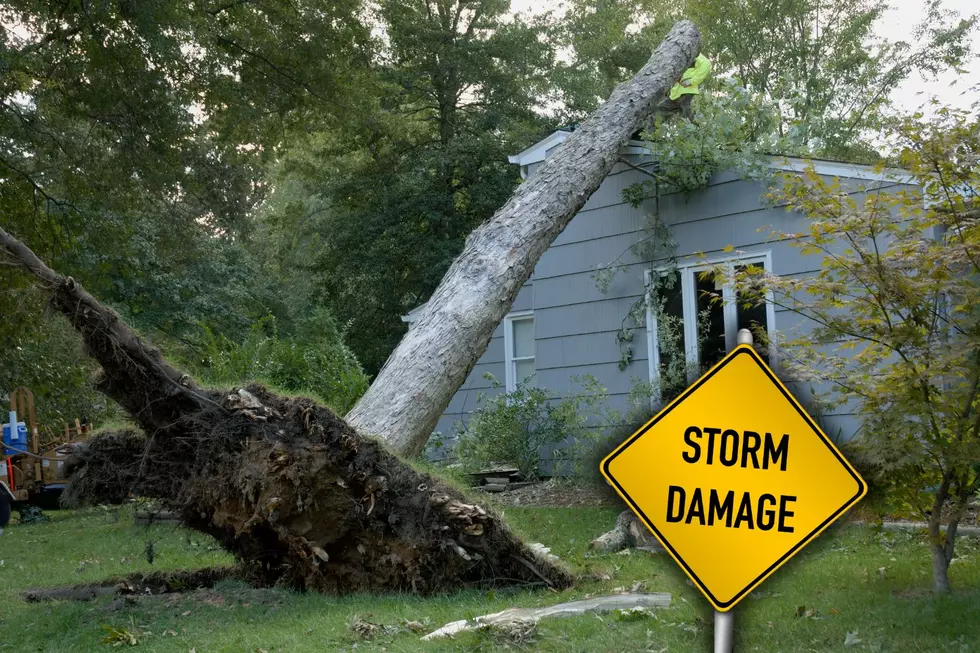
KY, IN Forecasts Indicate We Need to Prepare for Power Outages
I chat with Eyewitness News/WEHT-WTVW Chief Meteorologist Wayne Hart practically daily. And periodically over the last month, I've marveled at the absence of the type of weather that leads to school closings, among other things.
A High Wind Warning for Western Kentucky and Southern Indiana
In case you don't have kids, or at least school-age children, it may not have occurred to you that there have been no weather-related closings so far this winter. It's been pretty quiet. Well, that other shoe is about to drop. However, before we get to the truly wintry weather, we're going to have to deal with some very heavy winds. In fact, the National
Weather Service has issued a High Wind Warning for most of western Kentucky and southwestern Indiana for all of Friday.
When I spoke with Wayne Hart Thursday afternoon, he warned that with the rain-softened ground, we really could see some trees come down. And that can lead to power outages. So now would be a very good time to prepare for that possibility.
Have Flashlights Ready with Plenty of Batteries
It's recommended that you have enough flashlights for each member of your household, but if not, just make sure all the batteries are fresh.
Make Sure Mobile Phones Are Fully Charged and Gas Tanks Are Full
There was a time when we needed to make sure our landline telephones would still work during a power outage. The advent of mobile phones allayed many of those concerns. Just make sure you have a good USB cord.
Disconnect Appliances and Electronics to Avoid Power Surge Damage
For obvious reasons, this won't be necessary UNTIL you lose power, but it's important to unplug or turn off as many electric devices as you can.
Do NOT Plan on Heating Your Home With a Gas Stove
Clearly, there is a huge carbon monoxide concern with the use of gas stoves as a heat source.
Gas Up Your Generator If You Have One But Don't Use It Inside
Generators inside are a big no-no for the reasons stated above.
Keep Refrigerator and Freezer Doors Closed
FEMA tells us that food will stay cold in your fridge for about four hours. A full freezer will hold its temperature for 48 hours, a half-full freezer for 24 hours.
With such a huge change in the weather headed our way, we have to take the National Weather Service's warning very seriously and make sure we're all good when the power comes back on.
LOOK: The most expensive weather and climate disasters in recent decades
Gallery Credit: KATELYN LEBOFF
More From WKDQ-FM









